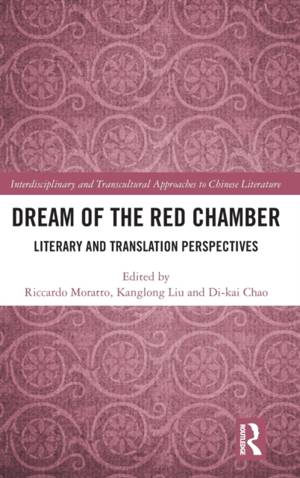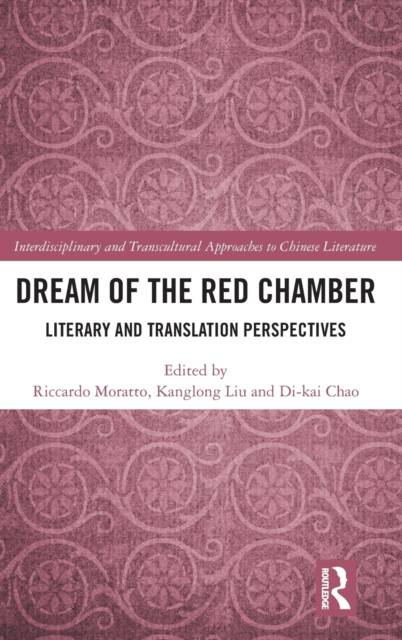
- Retrait gratuit dans votre magasin Club
- 7.000.000 titres dans notre catalogue
- Payer en toute sécurité
- Toujours un magasin près de chez vous
- Retrait gratuit dans votre magasin Club
- 7.000.0000 titres dans notre catalogue
- Payer en toute sécurité
- Toujours un magasin près de chez vous
Dream of the Red Chamber
Literary and Translation Perspectives
Description
This edited volume contains an excellent collection of contributions and presents various informative topics under the central theme: literary and translation approaches to China's greatest classical novel Hongloumeng.
Acclaimed as one of the Four Great Classical Novels of Chinese literature, Hongloumeng (known in English as The Dream of the Red Chamber or The Story of the Stone) epitomizes 18th century Chinese social and cultural life. Owing to its kaleidoscopic description of Chinese life and culture, the novel has also exerted a significant impact on world literature. Its various translations, either full-length or abridged, have been widely read by an international audience. The contributors to this volume provide a renewed perspective into Hongloumeng studies by bringing together scholarship in the fields of literary and translation studies. Specifically, the use of corpora in the framework of digital humanities in a number of chapters helps re-address many issues of the novel and its translations, from an innovative angle.
The book is an insightful resource for both scholars of Chinese literature and for linguists with a focus on translation studies.
Spécifications
Parties prenantes
- Editeur:
Contenu
- Nombre de pages :
- 246
- Langue:
- Anglais
- Collection :
Caractéristiques
- EAN:
- 9781032284309
- Date de parution :
- 15-12-22
- Format:
- Livre relié
- Format numérique:
- Genaaid
- Dimensions :
- 156 mm x 234 mm
- Poids :
- 553 g

Les avis
Nous publions uniquement les avis qui respectent les conditions requises. Consultez nos conditions pour les avis.





